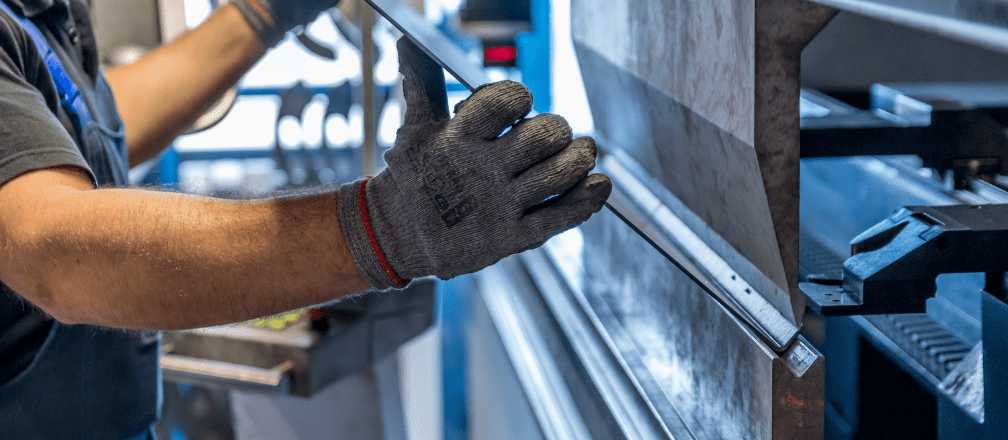SAP Business One for Production Process Automates Your Floor Tasks

There are hundreds of tasks that take place on any production floor and are directly or indirectly responsible for productivity. And doing them manually only takes up time, decreases efficiency, and adds to your opportunity cost. However, using SAP Business One for Production Process lets you automate most of these tasks and boost profit & productivity.
How? Let us explore this in this blog.
Automated Key Processes
Most managers are caught up in maintaining and sharing spreadsheets across the company. But that is prone to error, can be lost, and has to be updated manually at every stage without cross-functional synchronization. But not with SAP Business One for the Production Process. Here is an overview of the key processes that this module automates for you:
1. Production order
In a traditional system, the manager would update the requirements of the production order in the spreadsheet and send a message to the concerned person manually to let them know of the change. However, the SAP system works differently.
The manager can log the request directly from the production order table. The system stores the update and sends an email notification to the assignee informing them of the update. Also, the order request is transparent so that everyone knows the status and details.
2. Issue components
Not all the components that you need are always available in the shop (or inventory). In such an event, you have to put a request for the economic batch quantity keeping in mind the inventory space and future requirements. Also, you do not want to over-ask for the components.
SAP Business One for Production Process is synchronized to the entire workflow. Hence, you can easily manage the inventory. Using the Bill of Materials for your project, you can match it against the existing inventory and get components issued. The system will update the count and alert if the number goes down the threshold and will recommend placing an order.
3. Reporting
One of the most tedious tasks but important ones is report generation. The stakeholders should know how to measure, track, and optimize the data for better performance, compare with the standard, and check their deviation from industry best practices.
The smart system automates that for you. How? As soon as the finished product is marked “received” in the inventory, the system updates it. Based on that, the component order is also updated and the system shows you the estimated cost of production.
4. Inspection & QA
In manual systems, you would have to memorize the standards, check a sample from the lot using a vernier caliper, and log it in the register you carry around with you. But SAP B1 has worked to make life easier for us all.
Now, the system handles this for you. Using optics, probes, and motion systems integrated with the smart ERP suite, you can capture all the details immediately without having to worry about testing. Also, using technology, you can automate the inspection process.
Conclusion
To learn more about how SAP Business One for Production Process can boost the productivity of your manufacturing processes, get in touch with our experts.

